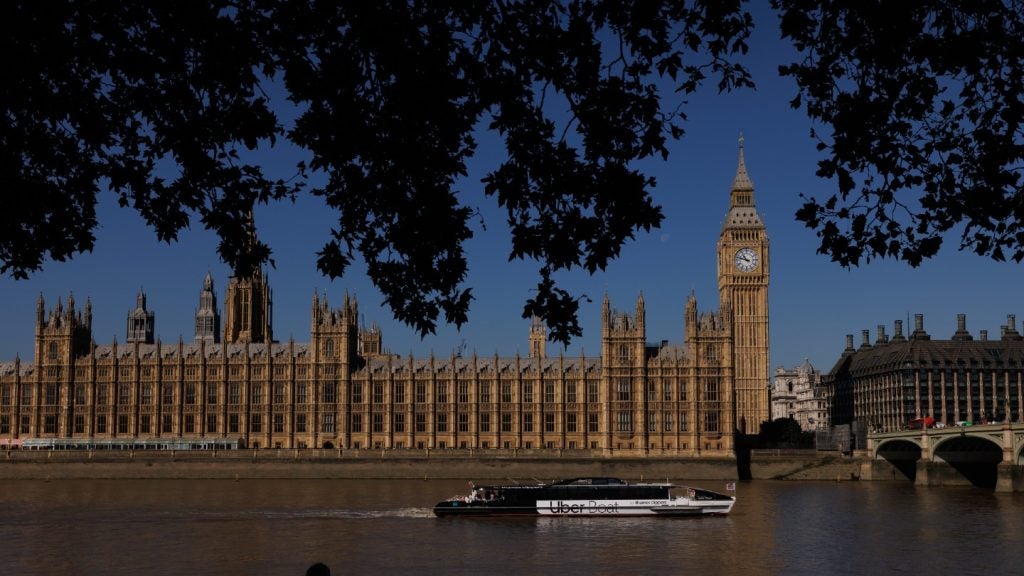The UK’s Department for Transport has launched a new support mechanism to encourage the production and use of sustainable aviation fuel in the UK through a revenue certainty scheme.
The scheme, which is intended to be funded by the industry, is set to be introduced by the end of 2026 after a consultation on its design and delivery by the UK Government.
Aviation Minister Baroness Vere said: “Not only will sustainable aviation fuel bring countless economic opportunities, including creating thousands of green jobs, this certainty will allow the industry to harness its full potential, bringing us closer to net zero flying.
“This commitment is an important step to create cleaner and greener aviation in the UK and will cement our position as a global leader in innovation.”
A proposal for the consultation on the idea will be put before parliament as part of the government’s Energy Bill and continues previous work by the DfT, which committed to working towards having five commercial SAF plants under construction in the UK by 2025.
The DfT also highlighted its £165m ($207m) Advanced Fuel Fund, which is already providing grants to projects working on next-generation fuels in the UK.
A written statement to parliament by Transport Secretary Mark Harper says that the new scheme is intended to provide investors who may be uncertain about future revenues in the SAF sector with an incentive to invest in the production of the fuel.
Harper also committed to working with the Jet Zero Council on the implementation of its plans to incentivise SAF production and the government mandate that will be introduced in 2025 requiring at least 10% of jet fuel to be made from sustainable feedstocks by 2030.
Chair of the council’s SAF Delivery Group, Jonathon Counsell, said: “Industry is ready to take part in the consultation process to determine the right mechanism to secure the investment needed to create a UK SAF industry.
“The Jet Zero SAF Delivery Group will work with the government to move forward quickly with the consultation.”
Earlier this year, the council placed the use of SAF at the centre of its two-year plan to support the decarbonisation of the UK’s aviation industry by 2050, including investing in SAF plants and in research to help drive down production costs.









